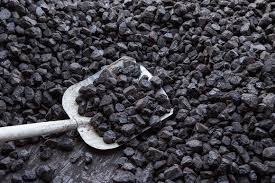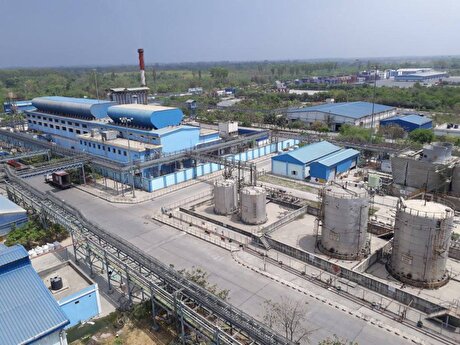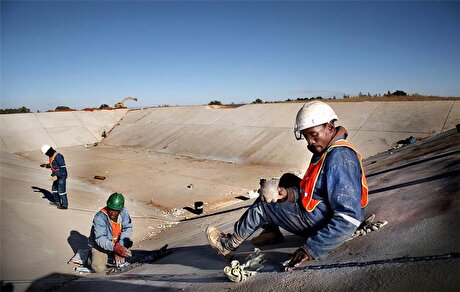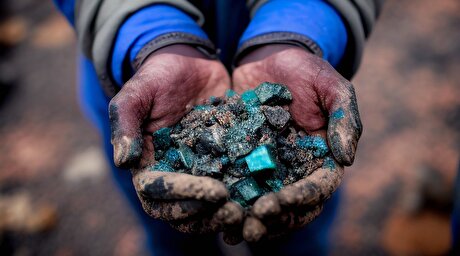
Indonesia's Jan-Aug Coal Exports Climb 12.24% Y-o-Y, August Exports Drop M-o-M

But August's exports dropped 15.2% to 32.68 MnT , from 38.54 MnT in July and it also fell 0.6% from 32.88 MnT in August 2017, according to the data.
Bank Indonesia did not give further explanations for the data
However, PT Adaro Energy, in a 3rd Quarter activity report, noted that higher use of hydro power plants and other renewable generation, weakening RMB against the US dollar and import control policies affected China's import demand for sub-bituminous coal and off-spec high ash Newcastle coal.
More than 60% of Indonesia's coal exports is of sub-bituminous coal. Slowing China's demand also put pressure on sub-bituminous coal.
The softening China's appetite for coal import also caused a larger disconnection in the thermal coal market between the prices of lower CV sub-bituminous coal and the globalCoal Newcastle benchmark coal in 3Q18, Adaro Energy noted in the report. The subdued coal import demand from China causing the decoupling between China's domestic coal and import prices.
On the supply side, Adaro Energy said higher coal supply from Indonesia in 3Q18 due to the dry weather increases supply of sub-bituminous coal in the seaborne market.
As for the high calorific- coal, the seaborne market saw a supply tightness in the 3Q as the main producer, Australia, was faced with weather-related issues which affected production activities and infrastructure availability, according to the report.
“At the same time, demand for high energy coal from Japan, South Korea, and Taiwan was higher than expected. In particular, demand from Germany and Spain increased as gas prices were very high, making coal more beneficial for power uti


Hindustan Zinc to invest $438 million to build reprocessing plant

Gold price edges up as market awaits Fed minutes, Powell speech

Glencore trader who led ill-fated battery recycling push to exit

UBS lifts 2026 gold forecasts on US macro risks

Roshel, Swebor partner to produce ballistic-grade steel in Canada

Iron ore price dips on China blast furnace cuts, US trade restrictions

EverMetal launches US-based critical metals recycling platform

US hikes steel, aluminum tariffs on imported wind turbines, cranes, railcars

South Africa mining lobby gives draft law feedback with concerns

Trump raises stakes over Resolution Copper project with BHP, Rio Tinto CEOs at White House

US seeks to stockpile cobalt for first time in decades

Trump weighs using $2 billion in CHIPS Act funding for critical minerals

Nevada army depot to serve as base for first US strategic minerals stockpile

Emirates Global Aluminium unit to exit Guinea after mine seized

Tailings could meet much of US critical mineral demand – study

Codelco cuts 2025 copper forecast after El Teniente mine collapse

Glencore targets 1Mt of copper in Argentina over coming decade

Viridis unveils 200Mt initial reserve for Brazil rare earth project

SQM boosts lithium supply plans as prices flick higher

US seeks to stockpile cobalt for first time in decades

Trump weighs using $2 billion in CHIPS Act funding for critical minerals

Nevada army depot to serve as base for first US strategic minerals stockpile

Tailings could meet much of US critical mineral demand – study

Codelco cuts 2025 copper forecast after El Teniente mine collapse

Glencore targets 1Mt of copper in Argentina over coming decade

Viridis unveils 200Mt initial reserve for Brazil rare earth project

SQM boosts lithium supply plans as prices flick higher

Abcourt readies Sleeping Giant mill to pour first gold since 2014














